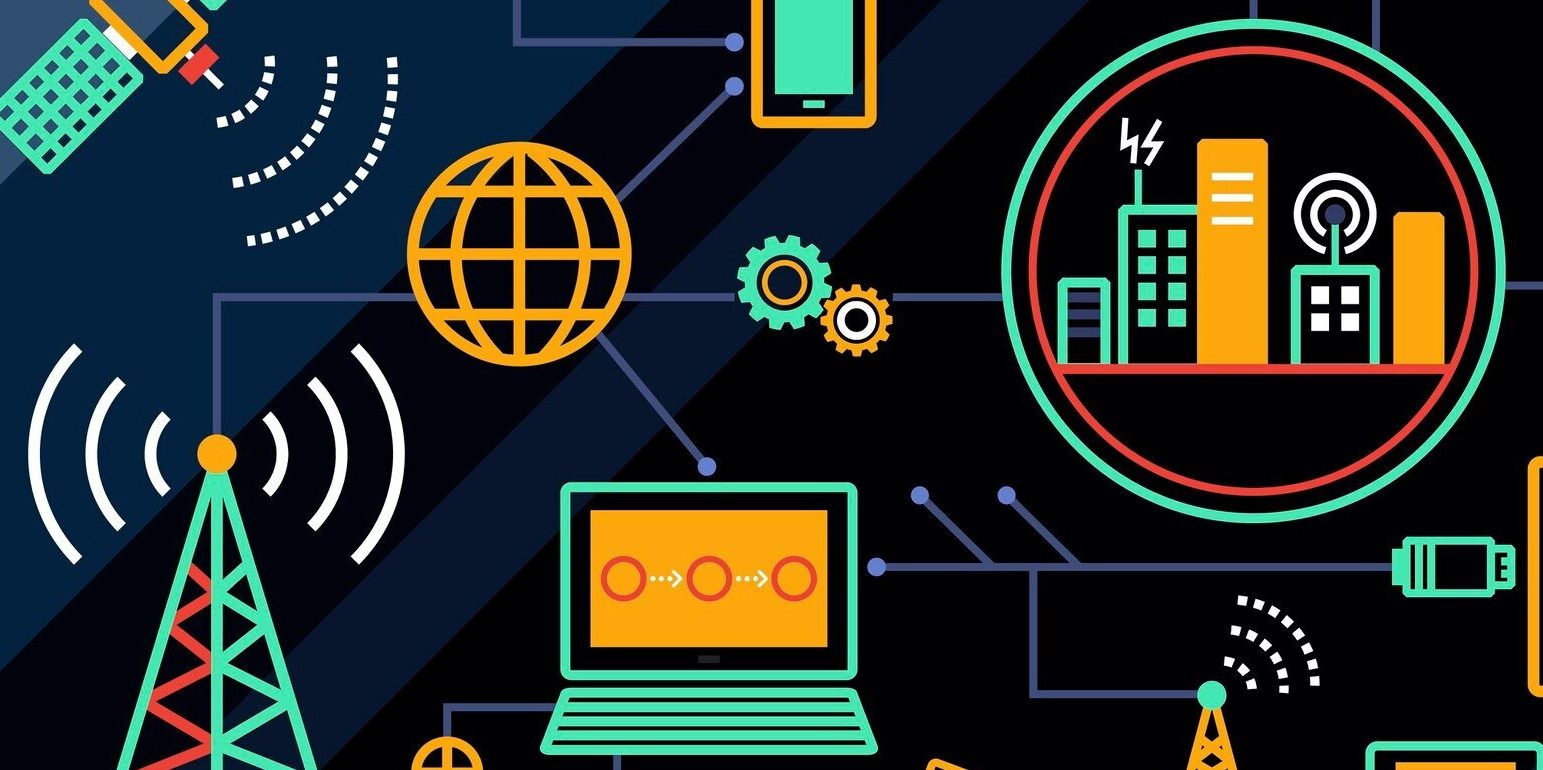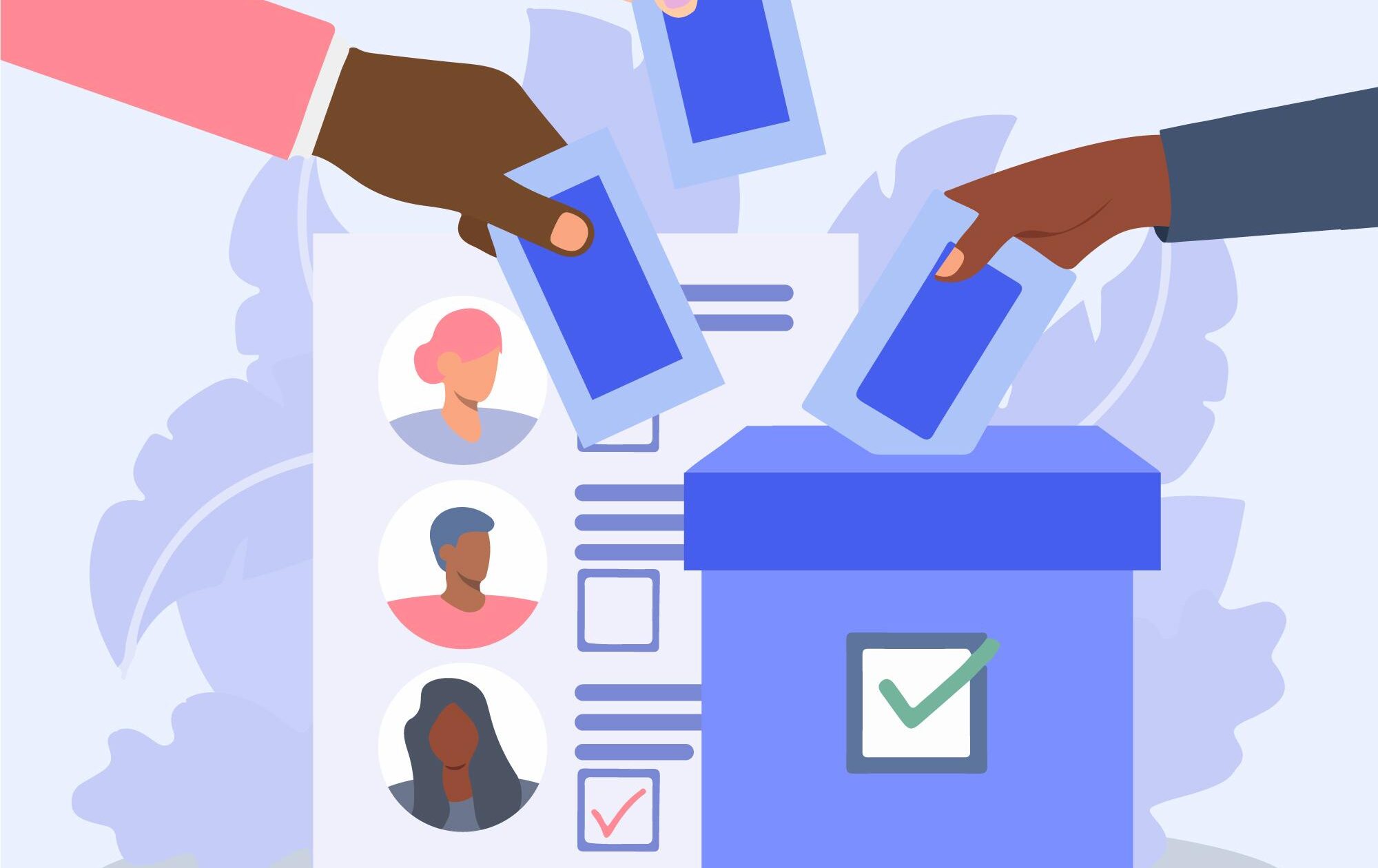A Virtual Private Network (VPN) is a tool that forms an encrypted tunnel between your device and the internet resources you are accessing e.g. a website. This can keep your IP address and communications secure from interception. It also means that VPNs can be useful to bypass censorship and geo-restrictions by allowing you to access restricted content through the VPN provider’s servers instead of directly from your telecom or Internet Service Provider (ISP).
How VPNs Work
- Tunnelling: When you turn on the VPN, it requests a secure connection with the VPN provider’s servers using a tunnelling protocol like OpenVPN, WireGuard, IKEv2, etc.
- Once a connection is established, the VPN gives a notification and you can start using the internet securely
- Encryption: Any request that you make will first be encrypted by the VPN service inside your device before being sent to the VPN server.
- Decryption, Tunneling, and Routing: The VPN server receive the encrypted data from your device. Here, the data will be decrypted and encapsulated within another packet containing VPN control information. At this stage, a good VPN service ensures that your device’s data is removed and replaced with that of the VPN server and that the response will only be received by this server. The decrypted data is then sent to the destination via the usual internet services.
- Return Path: The response from the internet follows the same path in reverse, being encrypted by the VPN server and finally decrypted on your device.
Importance of Using VPNs
- Enhanced security on public WIFI: Public WIFI networks are often configured with simple credentials for better user experience which can be easy for attackers to hack. The infrastructure is owned by the provider of the service and the data control & security practices may not be transparent.
- A good VPN service protects your device’s information including your IP address and location therefore making it more difficult to track you
- Can help bypass geo-restrictions and censorship: Using a VPN server in another country allows you to access content that is restricted in your country
Factors to Consider When Using a VPN
- Slower Speeds: Encryption and routing traffic can slow down your internet connection.
- Trusting a Third-Party Provider: You’re trusting the VPN company’s security practices and logging policies.
- Legal Considerations: VPN use might be restricted in some countries.
- False Sense of Security: A VPN protects data within the tunnel, but you still need safe browsing habits.
- VPN Leaks: Even reputable VPNs can leak data. Use online tools to test for leaks and ensure your VPN is functioning correctly.
- Incompatible device settings: Some devices especially Android phones contain settings that automatically drop VPN connections or prevent VPN connections 24/7. You can configure your VPN service to block all traffic if a secure connection is dropped or configure your phone to allow the VPN service to always be on
What VPNs Can’t Do:
- Guarantee Anonymity: While VPNs make it more difficult to track you, they are not foolproof. Some governments may employ sophisticated methods to identify VPN users, especially if they are actively targeting specific individuals.
- Protect Against Metadata Leaks: VPNs encrypt the content of your traffic, but they may not hide all metadata associated with your connection, such as timestamps or connection requests. This metadata could potentially be used to identify you.
- Bypass Complete Internet Shutdowns: If a government implements a complete Internet shutdown, a VPN may become unusable as it relies on a functioning Internet infrastructure.
Some governments restrict or even ban the use of VPNs. Using a VPN in such situations could raise suspicion and potentially lead to further scrutiny. For high-risk situations, relying solely on a VPN might not be enough. Consider exploring alternative solutions like:
- Tor: A free, anonymized network that routes your traffic through multiple relays, making it even harder to track you. However, Tor can be slow and unreliable.
- Psiphon: This is another free and open-source tool that can be used to circumvent censorship. Psiphon uses a variety of techniques to bypass censorship filters.
- Satellite Internet: Provides internet access independent of traditional ISPs, but can be expensive and have limitations.
Remember: If you’re truly concerned about government surveillance in a high-risk situation, it’s crucial to seek advice from privacy and security experts who can offer guidance tailored to your specific circumstances.




